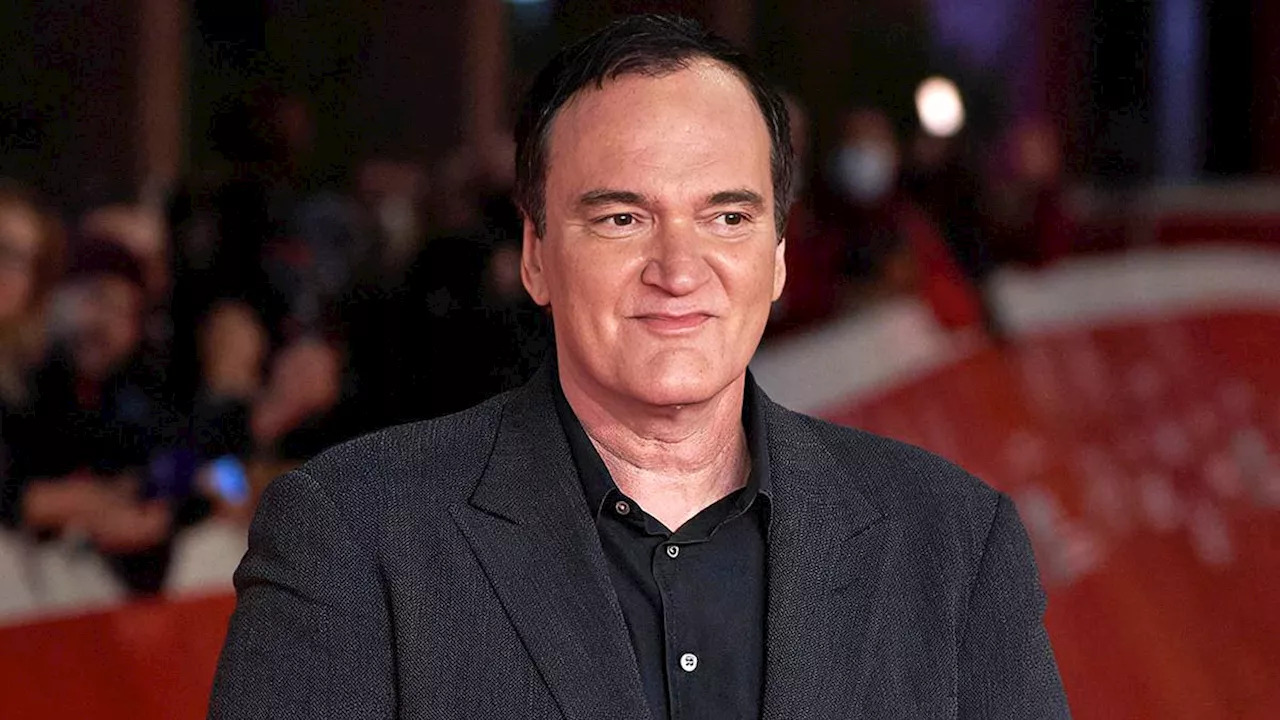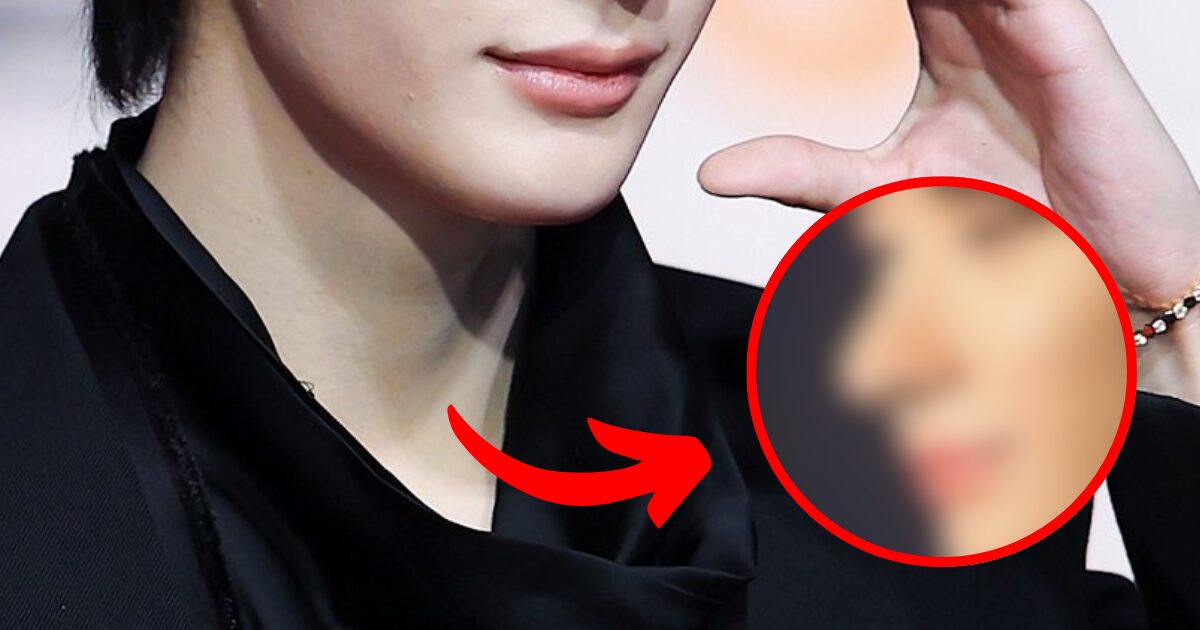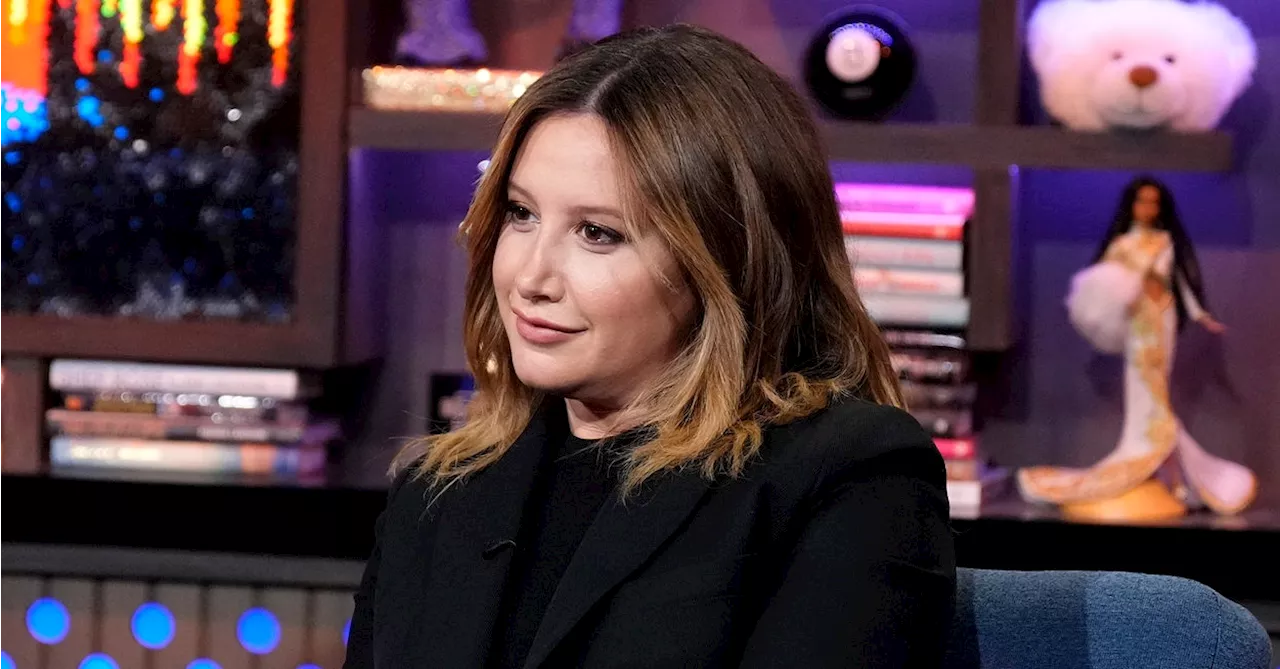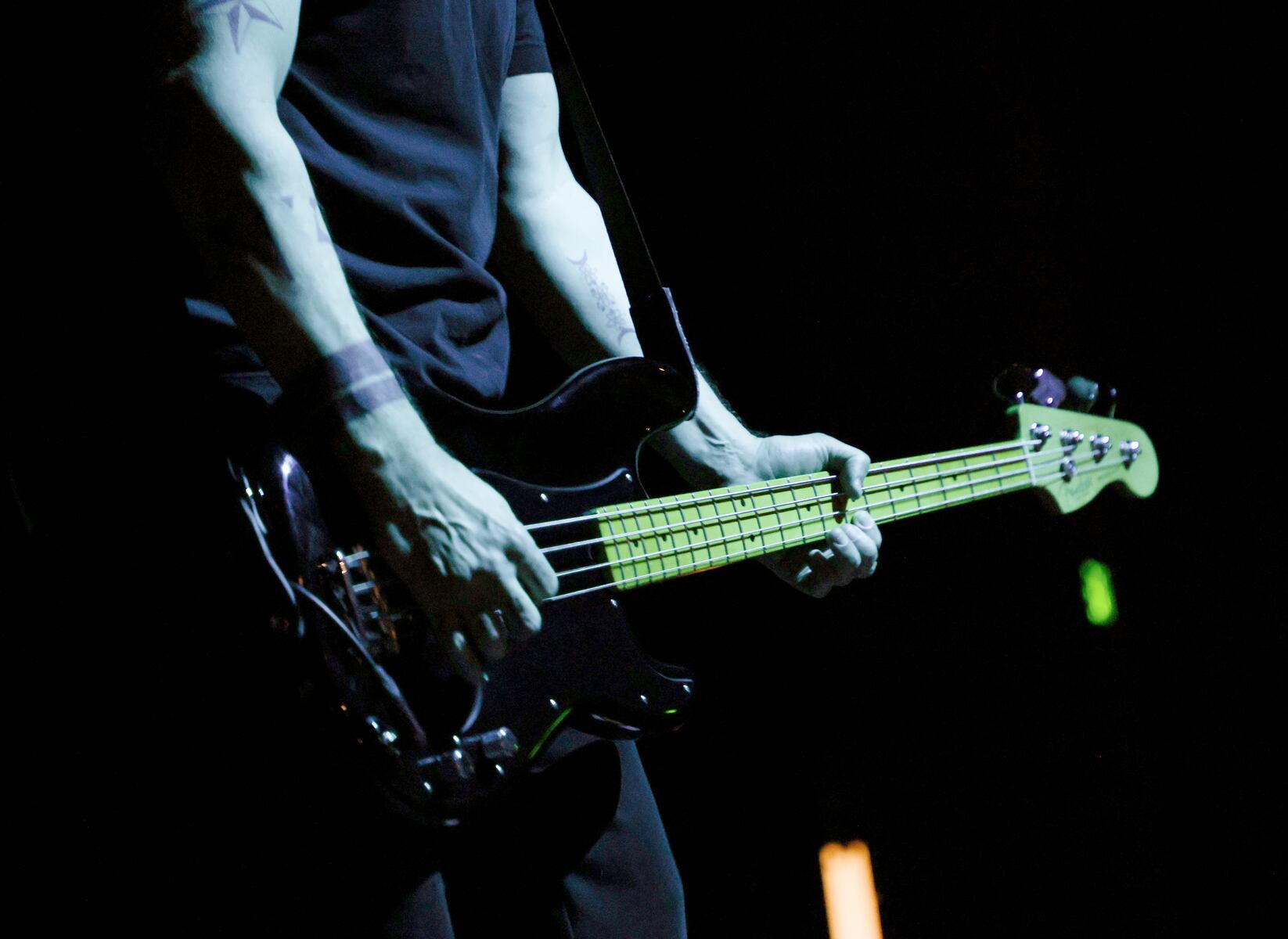Quentin Tarantino has revealed his preference for the sequels and remake of the iconic slasher film Psycho over the original, directed by Alfred Hitchcock. In discussions on various platforms, Tarantino has expressed his criticisms of Hitchcock’s work, particularly regarding the 1960 classic, Psycho. He notably favors Psycho II, released in 1983, and the 1998 shot-for-shot remake by Gus Van Sant.
Revisiting a Slasher Legacy
Even decades after Hitchcock’s passing, the idea of remaking or continuing his films can evoke strong reactions from cinephiles. Universal Pictures, nonetheless, ventured into this territory with the release of Psycho II, just three years after Hitchcock’s death. Directed by Richard Franklin, the sequel has since gained a reputation for its quality, buoyed by a compelling performance from Anthony Perkins as Norman Bates. The film portrays Bates’s release from a mental institution after 22 years, igniting a series of mysterious deaths that lead audiences to question if “Mother” has returned.
The Psycho franchise expanded further with the release of Psycho III in 1986, which Perkins directed, and Psycho IV: The Beginning in 1990, a prequel that featured a different cast. The franchise continued to evolve, including Van Sant’s controversial remake, which meticulously replicated Hitchcock’s original scenes in color.
Tarantino’s Take on Hitchcock
In a 2021 episode of Eli Roth’s podcast, History of Horror, Tarantino articulated his ambivalence towards Hitchcock’s films. He remarked that Hitchcock seemed constrained by the era in which he worked. “I normally don’t like the third acts of his movies,” Tarantino stated, suggesting that they often lose momentum. He further elaborated that he would appreciate Hitchcock’s films more had the director been active during a different time, specifically the more liberated cinematic landscape of the 1980s.
Tarantino’s admiration for Psycho II stems from its exploration of Norman Bates’s character. He noted that while the film faced skepticism, it ultimately offers a complex narrative that encourages viewers to empathize with Bates. “You’re actually rooting for him to be happy,” Tarantino explained, despite the film’s dark twists.
In a separate interview with writer Bret Easton Ellis, Tarantino reiterated his criticisms of Hitchcock’s works, stating that he finds the director’s films from the 1950s to carry a dated quality. He expressed a preference for filmmakers influenced by Hitchcock, such as Brian De Palma and Richard Franklin, highlighting how they advanced his cinematic ideas.
The impact of Tarantino’s statements has reignited discussions about the Psycho franchise and its legacy in horror cinema. His insights offer a fresh perspective on how sequels and remakes can sometimes eclipse the original works in terms of storytelling and character development.
Tarantino’s continued support for Van Sant’s remake, despite its critical reception, illustrates his belief in the value of reinterpreting classic narratives. His enthusiasm for showcasing these films at his revival cinema in Los Angeles further underscores his commitment to exploring and celebrating cinematic history.
In a landscape where classic films are often viewed with reverence, Tarantino’s candid assessments challenge conventional wisdom, inviting audiences to reconsider what makes a film truly exceptional.







